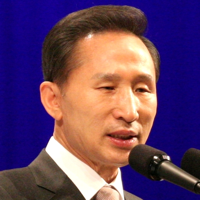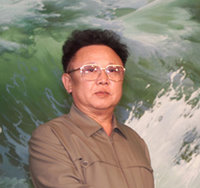
Kim Jong Il’s death and apparent replacement by his 20-something son, Kim Jong Un, has introduced a potentially potent new variable into South Korean politics at a time when the South’s traditional political parties are dissolving. This vulnerability may tempt the North to engage in aggressive provocation, while making it difficult for the South to respond cohesively. For the time being, both capitals are likely to maintain the status quo. South Korea’s policy toward the North is set by its executive, composed of South Korean President Lee Myung-bak and Prime Minister Kim Hwang-sik. Though the South Korean media often refers […]

